Rodolfo Morales Municipal Palace Mural
A little-known hall almost completely covered in art by the beloved local painter.
In 1925, the city of Ocotlán saw the birth of the Zapotec man that would eventually become its prodigal son. Known for his surrealist paintings depicting Mexican culture, Rodolfo Morales is considered one of the most important artists of the Oaxacan contemporary art movement, and one of the most renowned indigenous artists of Mexico.
Morales started his career as an artist studying in Mexico City’s famed Academia de San Carlos from 1948 to 1953. Shortly after his graduation, his hometown of Ocotlán commissioned him to paint a mural in their Palacio Municipal (Municipal Palace, the common name for city halls in Mexico).
Although he was beloved enough by his paisanos to paint such an important piece of public art, Morales’s career became a bit more low-key afterward when he took a job as an art teacher for the National Preparatory School. Continuing to paint and sculpt even as a teacher, his big break in the art world came after his fellow Oaxacan Rufino Tamayo, then world-famous, started becoming acquainted with some of his work. By 1975, Tamayo’s influence had helped Morales land national and international solo exhibitions. In 1982, Morales returned to Ocotlán to retouch and add to his mural. Soon after, he left teaching and became a full-time artist, and by the time of his death in 2001, he was a beloved local figure known for his philanthropic community projects in Ocotlán.
Morales’s artwork broke from the Mexican muralist tradition of social(ist) realism exemplified by Diego Rivera and David Alfaro Siqueiros, among others, as well as Tamayo’s abstract/cubist style. His work mostly portrayed a very Mexicanized surrealism, with rural scenes and characters intermingling with fantastical creatures and imagery in brightly colored scenes. The Ocotlán mural, however, is mostly folklorist in style, depicting a series of vignettes of indigenous and mestizo people working and farming in the characteristic semi-arid Central Oaxaca valleys. The harvest and preparation of agave for mezcal can be found here, for example.
In 2018, after a thorough restoration, the state’s Secretariat of Culture and the Arts declared this mural as a Cultural Heritage of Oaxaca. While Ocotlán is similar to other Oaxacan towns by the presence of an impressive Dominican former convent, the city hall next door is definitely worth a look for Morales’s impressive artwork.
Know Before You Go
The Salón de Cabildos, where the mural is located, is open to visitors Monday to Saturday from 10 a.m. to 2 p.m. and then 4 p.m. to 8 p.m. Even more artwork by Morales can be found in the former Convent of Santo Domingo de Guzmán next door to the Municipal Palace.

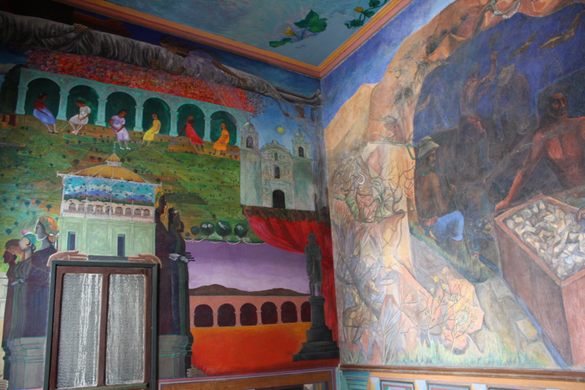
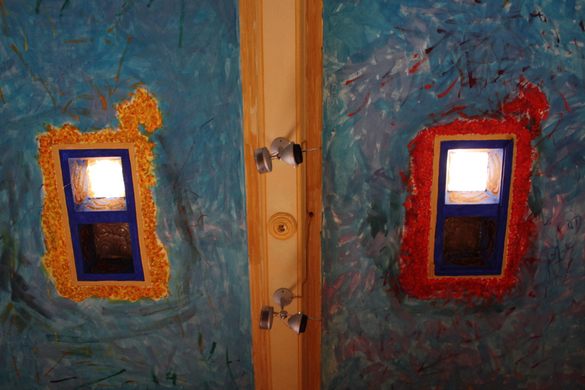
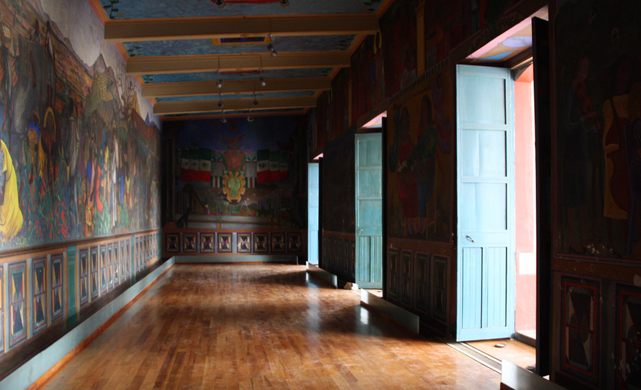
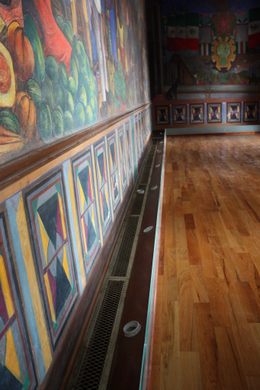
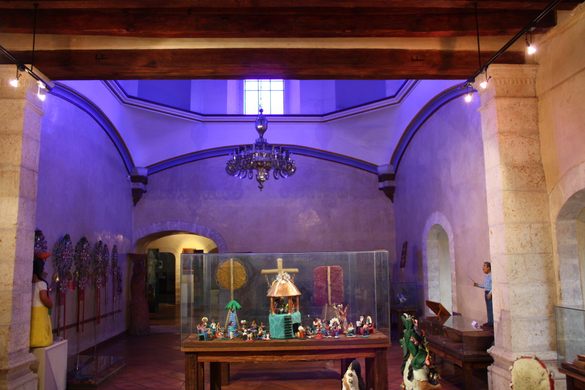
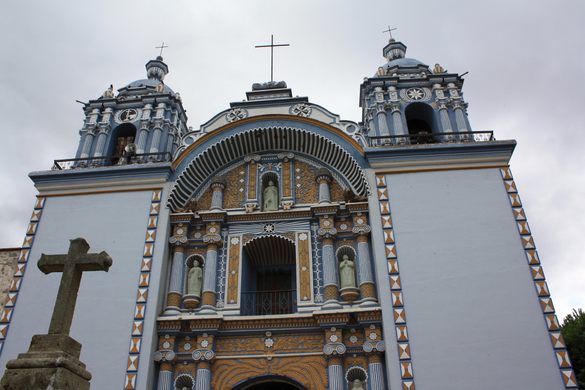




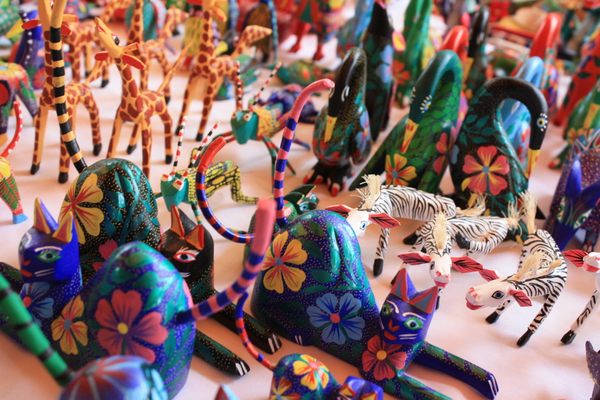
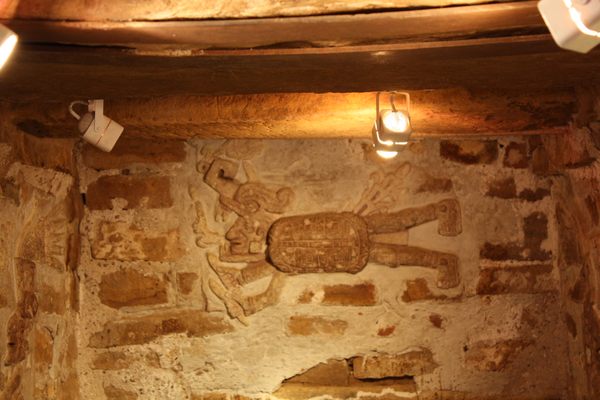
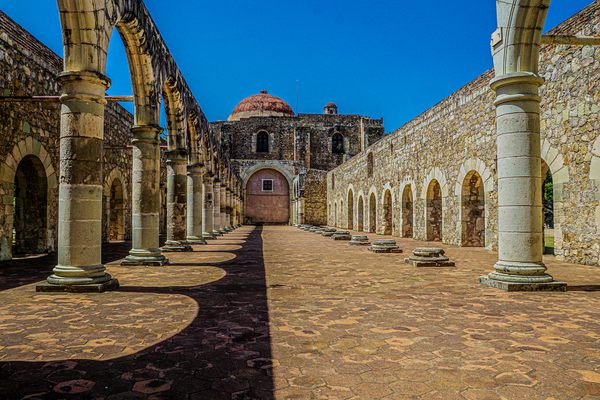

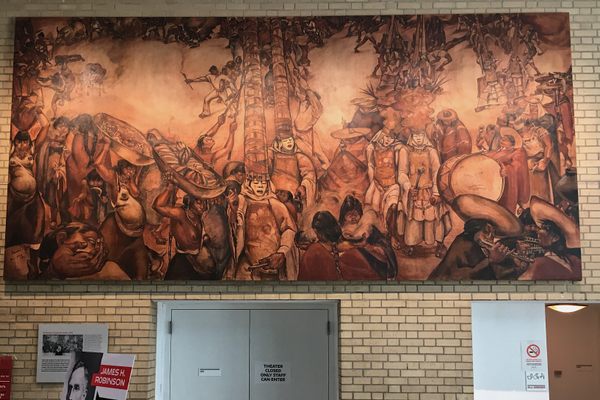


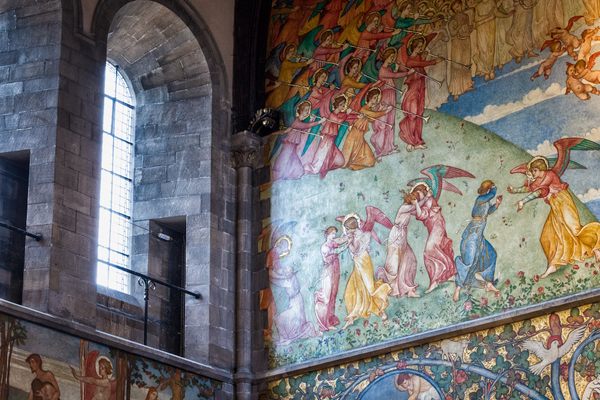

Follow us on Twitter to get the latest on the world's hidden wonders.
Like us on Facebook to get the latest on the world's hidden wonders.
Follow us on Twitter Like us on Facebook